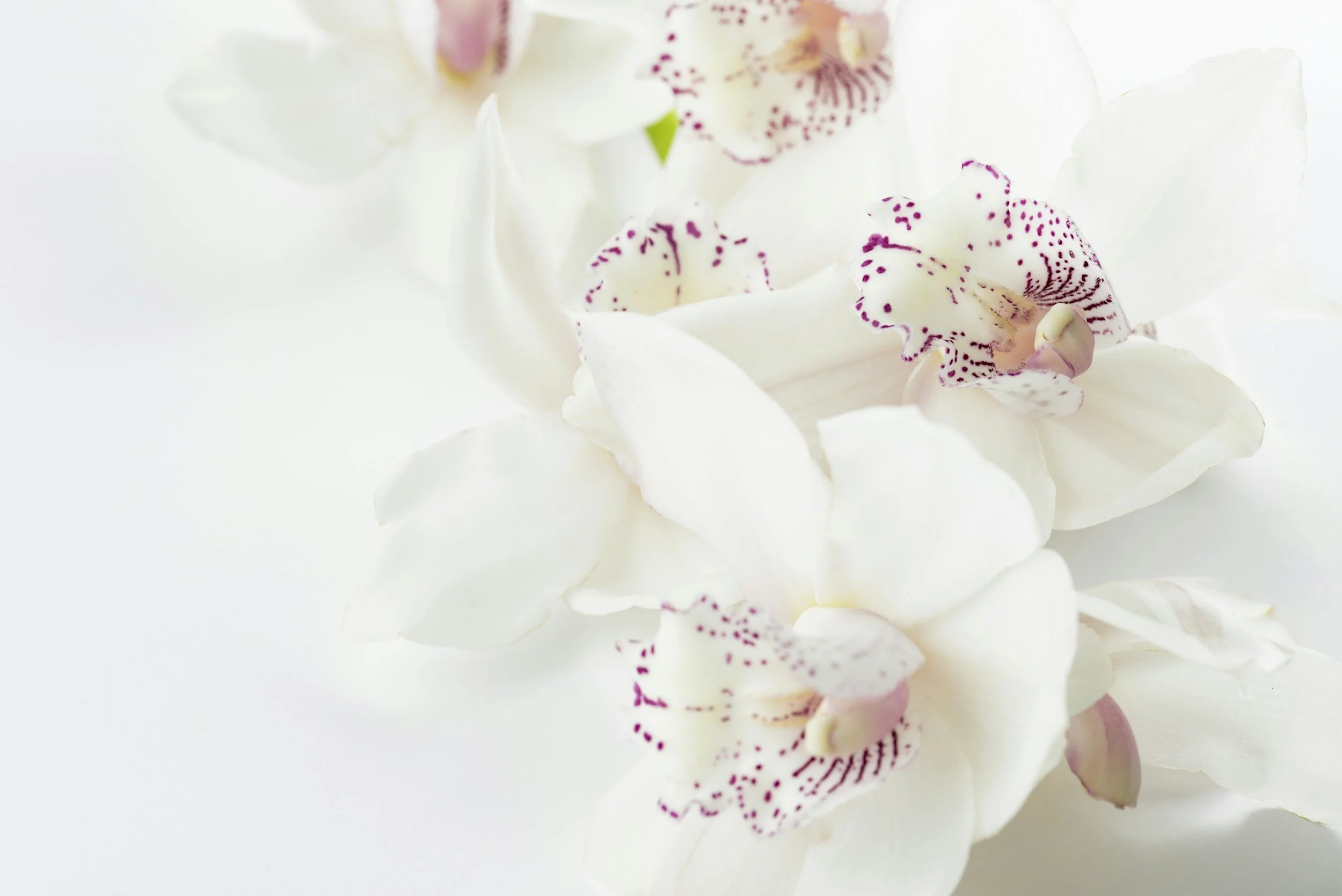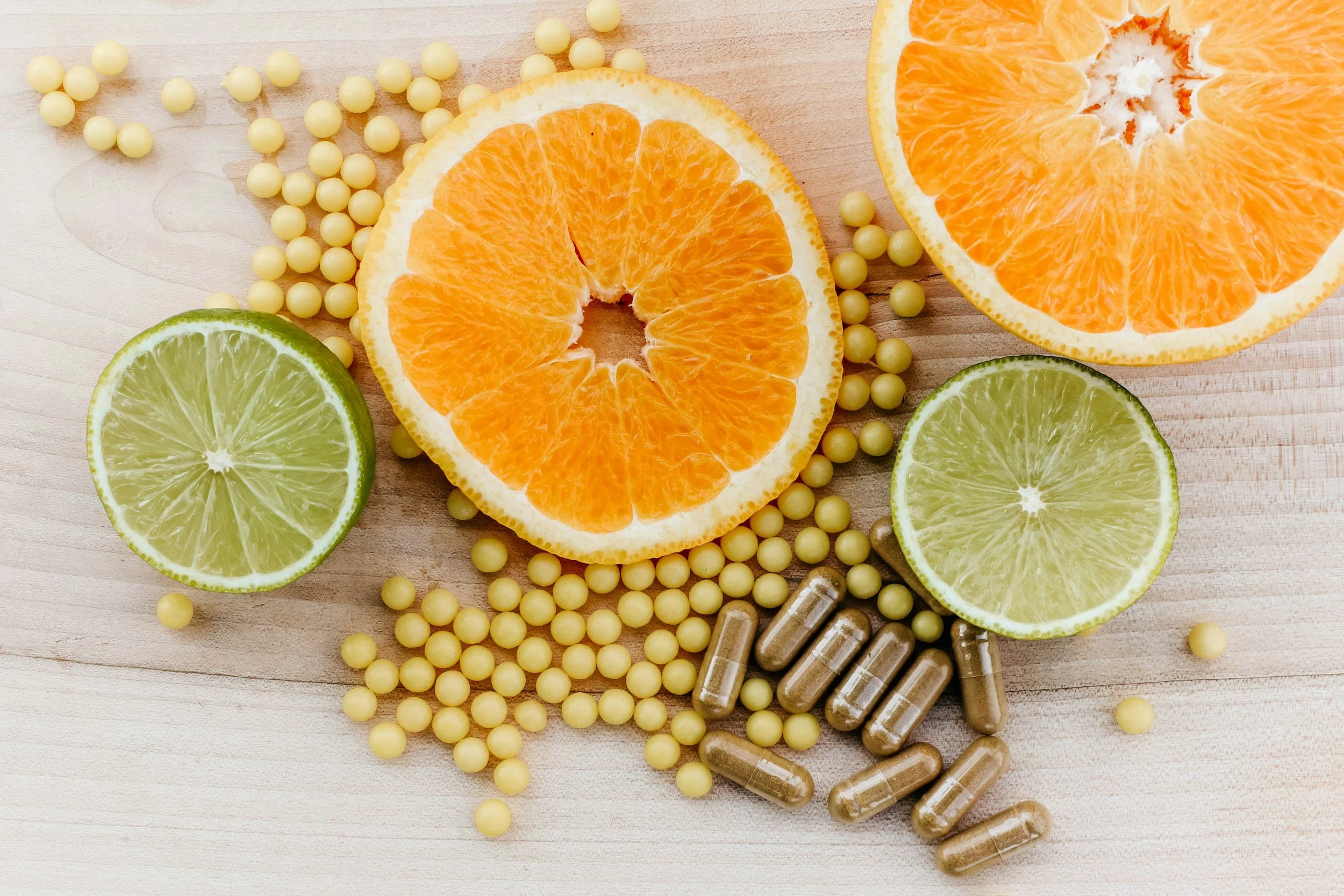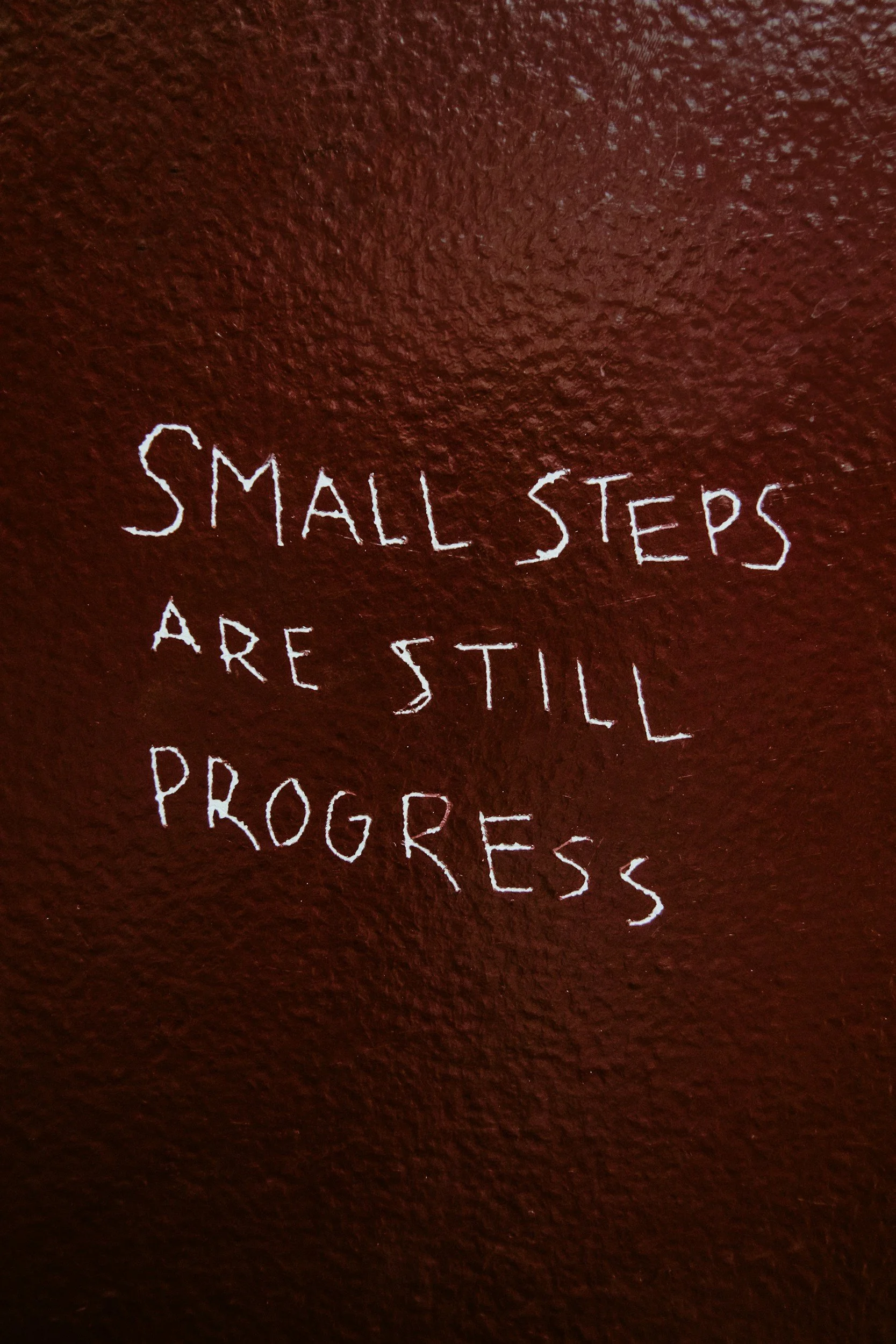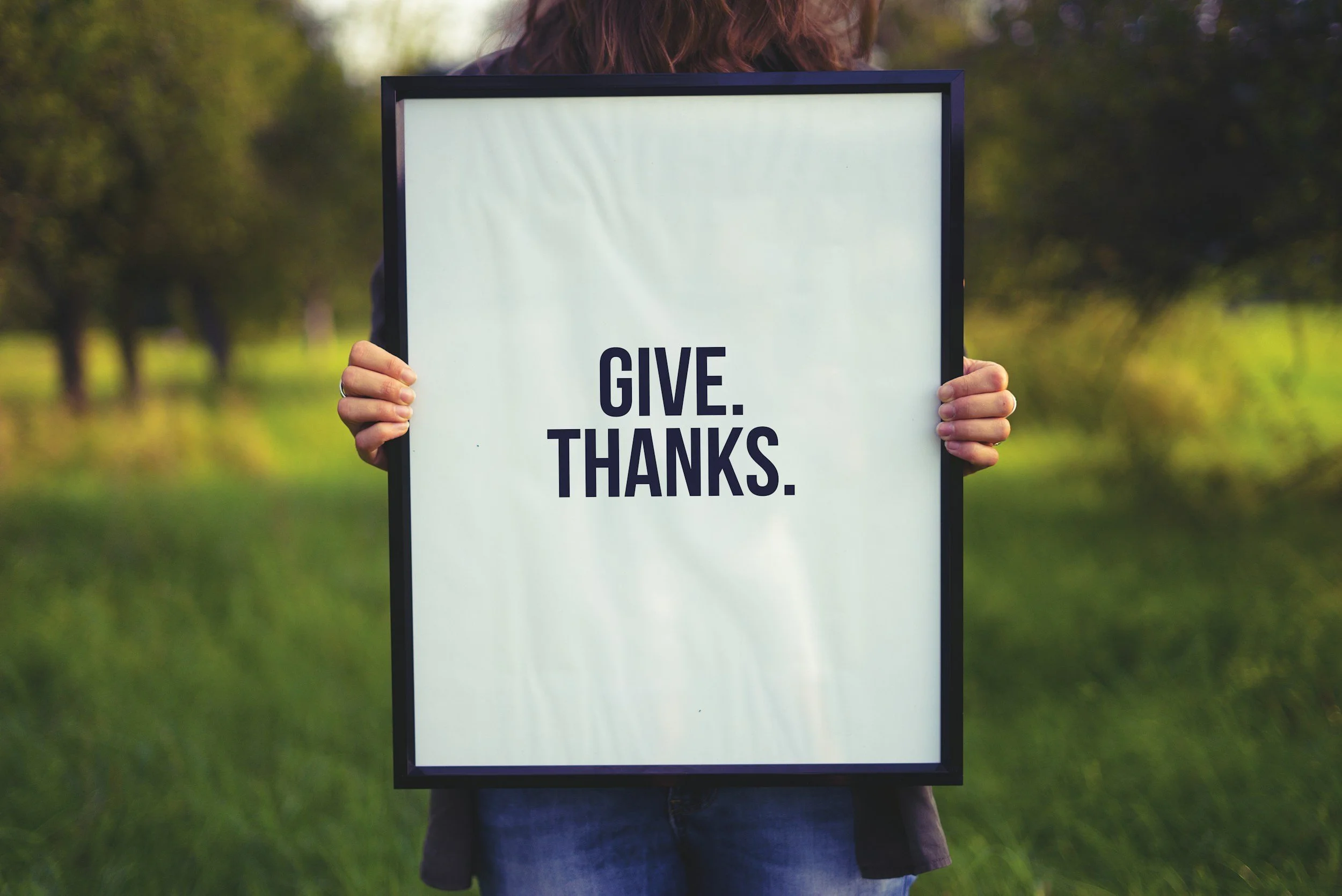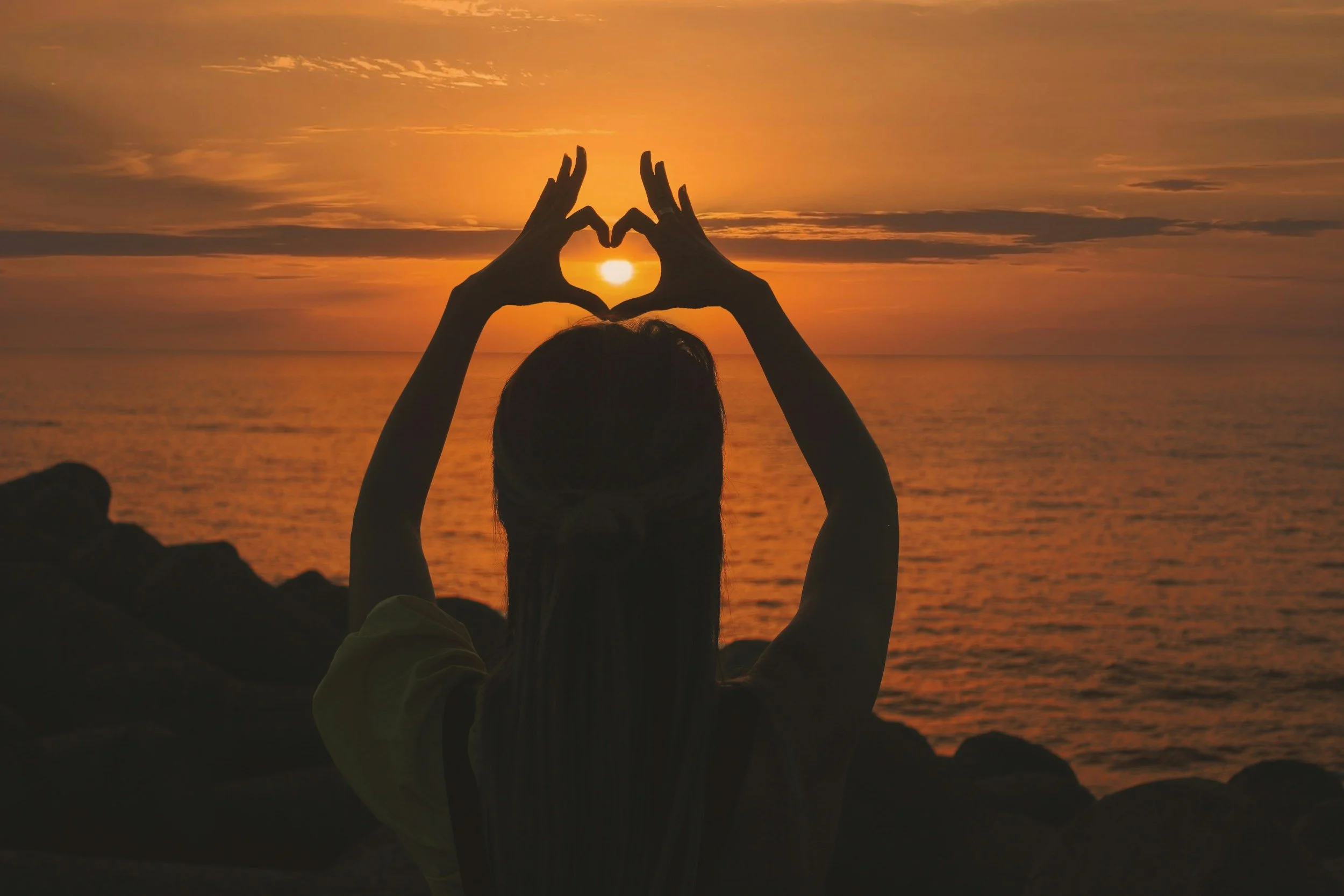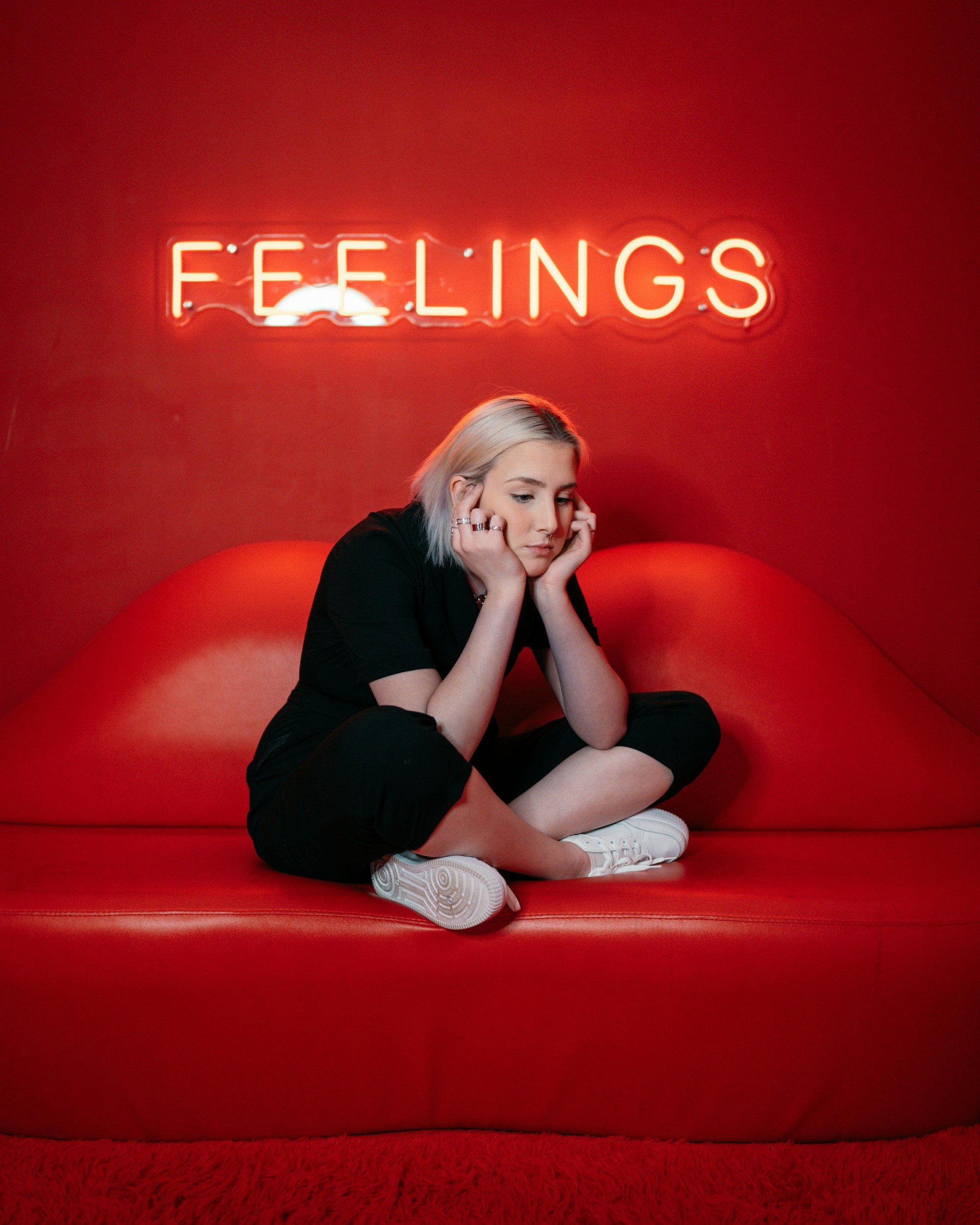Why Harmonizing Your Responses and Waiting to Respond is Important
In today’s fast-paced, always-on world, where instant replies are often expected, taking the time to harmonize your responses and wait before replying can feel counterintuitive. However, slowing down to consider your words carefully and ensuring your responses are both thoughtful and aligned with the conversation can make a significant difference in the quality of your communication and relationships. Here’s why harmonizing your responses and waiting before speaking are essential skills that can foster better interactions and outcomes.
Five Years of Radiant Skin: My Journey with Biossance
In the ever-evolving world of skincare, finding products that genuinely deliver on their promises can be a daunting task. For the past five years, I’ve embarked on a skincare journey with Biossance, a brand renowned for its innovative, science-backed formulations and commitment to sustainability. The results have been nothing short of transformative, leading to visible improvements in my skin.
Be Mindful When Buying Supplements on Amazon: What You Need to Know
In recent years, online shopping has become the most convenient way to access everything—including vitamins, herbs, and wellness supplements. But as the supplement industry continues to grow, so does the risk of counterfeit or fraudulent products slipping through major online marketplaces like Amazon.
The Illusion of Expectations: Embracing the Present Moment
The word "expectations" often brings a wry smile to my face, as it carries the potential to breed disappointment. Reflecting on my journey, I realize how expectations—both of myself and others—once led me to profound disillusionment.
Deep Healing and Self-Discovery: Exploring Neuro-Emotional Technique at Kin Health with Dr Jerry Lee
Dr. Lee’s practice at Kin Health & Wellness focuses on Neuro-Emotional Technique (NET), a comprehensive approach designed to address the root causes of various physical and emotional issues. Unlike conventional treatments that often focus on symptoms, NET seeks to uncover and resolve the underlying emotional and neurological factors contributing to a patient’s condition. This holistic approach resonated deeply with me, especially because it emphasizes resolving issues at their core rather than merely masking them with medication.
Be Mindful of “Organic” Foods: The Hidden Reality Behind the Label
In recent years, the demand for organic foods has grown as people become more health-conscious and environmentally aware. Organic produce is widely seen as a healthier choice, free from synthetic pesticides and fertilizers, and grown in soil that’s free from chemicals. However, not all organic foods are created equal, and the term "organic" on a label can sometimes be more complicated than we might think.
The Power of Being: Why 'Being' is More Effective Than 'Doing' in Healing
Healing is not a race or a task to be completed—it is a process that requires patience, presence, and surrender. More often than not, the most profound and lasting healing comes from a place of stillness and acceptance, rather than from the constant push for more action. In this article, we'll explore why being is more powerful than doing in the context of healing, and how this shift in perspective can lead to deeper, more sustainable wellness.
Silence, Stillness & Tea: A Path to Calm and Mental Clarity
In many traditions around the world, tea isn’t just a drink — it’s a bridge into presence, silence, and self‑awareness. For organizations like Global Tea Hut, tea sits are about more than tasting leaves; they are invitations into stillness, awareness, and mindful living that nourish the mind as deeply as the body.
How Burdock Root Protects Us from Herbicides and Chemicals: A Discovery from Dr. Cowan
Dr. Cowan has always emphasized the importance of using real, nutrient-dense foods to support our health, and I’ve been amazed by how much I’ve learned from his work. As someone who already enjoys using his nutrient-rich powders, I was thrilled to learn about the specific health benefits of burdock root—and I can’t wait to incorporate Dr. Cowan’s Burdock Root Powder into my daily routine.
Photo: Akepong Srichaichana / EyeEm / Getty Images
Understanding the Four Noble Vows of Buddhism
Buddhism is rich with teachings and principles aimed at guiding individuals toward enlightenment and compassion. Among these teachings are four powerful vows that encapsulate the essence of the Buddhist path. Each vow serves as a guiding principle for personal growth and collective well-being.
Inviting Connection: The Transformative Power of Matcha with Chafinity
The people behind Chafinity exuded genuine warmth, passion, and care for everyone’s well-being, creating an inviting atmosphere that made her feel instantly at home. It felt like she had discovered a little oasis of wellness. She decided to give matcha a try, and from that moment on, her journey took a delightful turn.
Supplements Should Supplement a Nutrient-Dense Diet—Not Replace It
In the wellness world, it’s easy to fall into the mindset that supplements can “fix” everything. Feeling tired? Take a pill. Skin acting up? Add another pill. Digestion off? There’s a pill for that too. But supplements were never designed to replace real, whole, nutrient-dense foods. They’re meant to support what your body is already receiving from a balanced diet—not serve as a shortcut around it.
The Art of Insight: Exploring the Difference Between Observing and Judging
As observers, our role is to refrain from passing judgment on a situation. When we engage in judgment, we veer away from our true observing mindset. Judgment often arises from our ego’s attachment to certain beliefs, which are frequently far from the truth.
The Power of Being Consistent: Small Steps, Big Results
We often dream of transformation — better health, new skills, personal growth, or career success — and we imagine it happening in a single leap. Yet the real magic rarely lies in dramatic moments. It lives in consistency. Showing up day after day, putting in the small, intentional actions, builds momentum that compounds over time.
The Transformative Power of Gratitude
Gratitude is more than a polite “thank you” or a fleeting thought when things go well. It’s a practice, a mindset, and a way of being that can transform the way we experience life. When we intentionally cultivate gratitude, we shift our focus from what’s lacking to what’s abundant, from frustration to appreciation, and from isolation to connection.
The Art of Staying Open-Hearted in Every Space You Enter
In a world that often feels rushed, judgmental, or heavy with expectation, it can be easy to close ourselves off — to guard our hearts and protect our energy. But there is a quiet power in staying open-hearted, in bringing presence, curiosity, and compassion into every space you enter.
The Power of Feeling: Why Experiencing All Your Emotions Matters
In today’s fast-paced world, it’s common to brush aside uncomfortable emotions with phrases like, “I’m okay” or “It’s not a big deal.” We often distract ourselves with work, scrolling on our phones, or overthinking solutions instead of actually feeling what we feel. But leaning into our emotions — even the messy, heavy ones — is not only healthy, it’s transformative.
When Someone Triggers You: A Journey into Self-Discovery and Inner Healing
Being triggered is an opportunity for profound self-discovery and growth. By looking deeply into yourself rather than solely blaming the other person, you unlock the potential for emotional healing and personal development. Embracing self-reflection not only transforms your responses but also paves the way for more authentic and fulfilling interactions with others.
Discover Holistic Healing with Ksenia at Moon Yogi Holistic Healing
Ksenia’s journey into the world of Reiki began in 2014, and since 2016, she has established herself as a Certified Usui & Karuna Reiki Master Teacher. Her dedication to Reiki is not just a career but a calling, as she has empowered countless individuals through attunement, training, and certification. Her guidance has enabled many to develop successful Reiki practices, positively impacting the lives of others with the healing power of Reiki energy.
Awakening Through the Cycle: Menstrual Mindfulness and Consciousness
During my menstrual cycle, I deeply appreciate the clarity it brings. It allows me to transcend my desires and attachments, enabling a heightened state of presence. Instead of being ensnared in perpetual ‘doing,’ where I often feel the weight of unceasing tasks and societal expectations, I embrace a state of ‘being.’ This entails granting myself the freedom to be whoever I wish in the present moment, and to act in accordance with my intuition.





